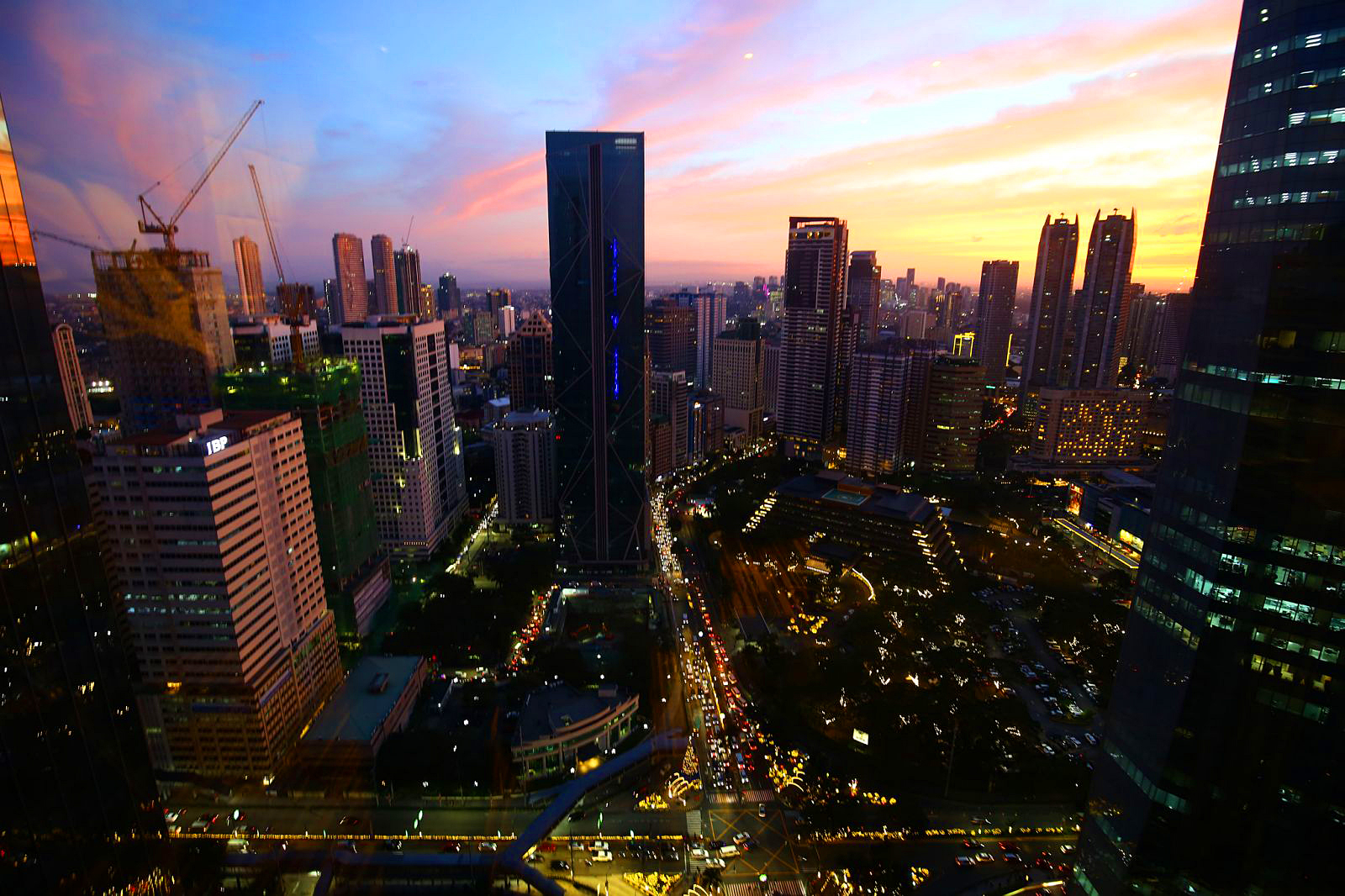
By Ruth Abbey Gita-Carlos | Philippine News Agency
Executive Secretary Ralph Recto said Friday the Philippines’ “BBB+” high investment-grade rating with a positive outlook demonstrates investors’ strong vote of confidence in President Ferdinand R. Marcos Jr.’s leadership.
Recto issued the statement after S&P Global Ratings affirmed its “BBB+” long-term and “A-2” short-term ratings on the Philippines on Thursday, noting that the slowdown in public infrastructure spending is expected to be temporary.
“Patunay po ito na nanatiling matatag ang tiwala at kumpiyansa ng mga investors sa pamamalakad ng Marcos Jr. administration sa ating bansa, and we will ensure to protect this trust,” he said.
“We will make sure that every policy decision strengthens our inclusive growth and long-term economic stability.”
S&P, in its report, attributed the robust Philippine economy to the administration’s policy settings.
It expressed confidence that the recent flood control controversy, exposed by Marcos himself, would not derail the country’s long-term growth trajectory.
Recto said maintaining the country’s high credit rating is among the government’s key priorities to secure access to affordable resources for infrastructure, social services, better healthcare, and quality education.
He expressed optimism that the latest credit score would likely attract more foreign direct investments, creating better job opportunities for Filipinos.
Recto said the government will remain decisive in upholding good governance and accountability by implementing reforms for “efficient, transparent, and responsible” spending and by holding accountable those involved in the flood control irregularities.
S&P highlighted the Philippines’ above-average economic growth relative to its peers, supported by robust domestic demand, lower inflation, and stable overseas remittances.
Game-changing reforms, such as the CREATE MORE Act, aim to address infrastructure gaps and improve the business climate, boosting economic productivity and foreign direct investment in the next two to three years, Recto said.
Since 2022, the Philippines has grown at an average of 5.7%, with S&P projecting medium-term growth of 6.2% from 2026 to 2028, fueled by strong domestic consumption and sustained public and private investment.
